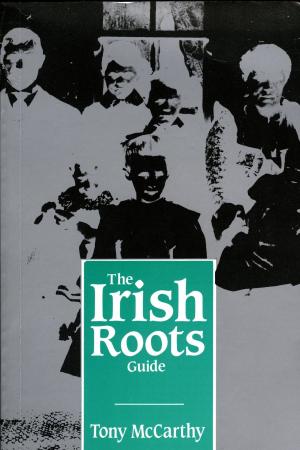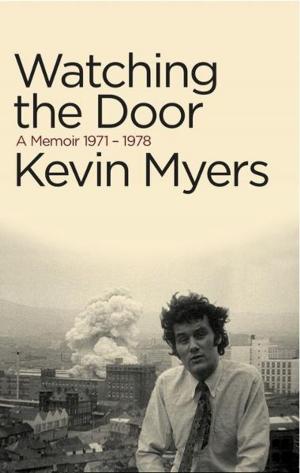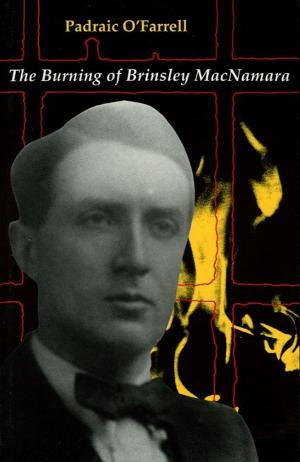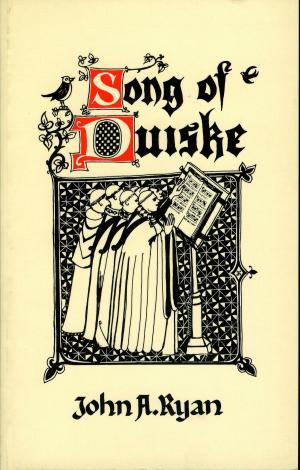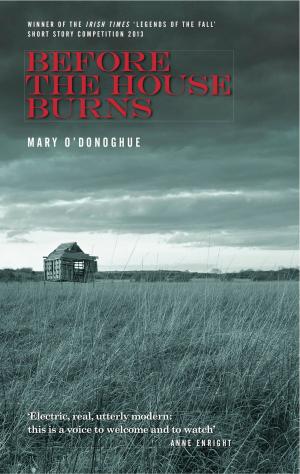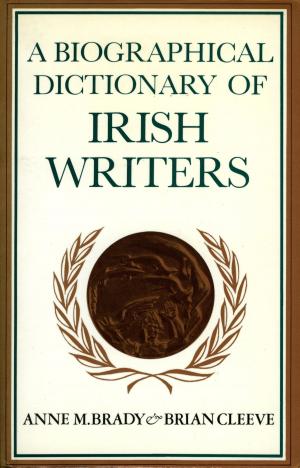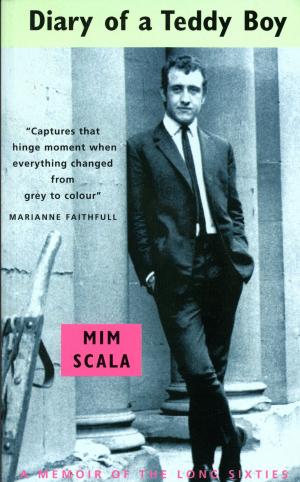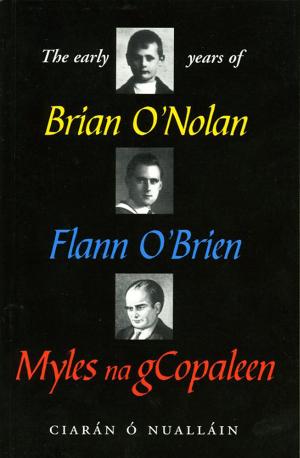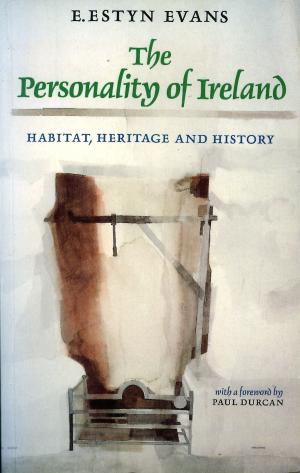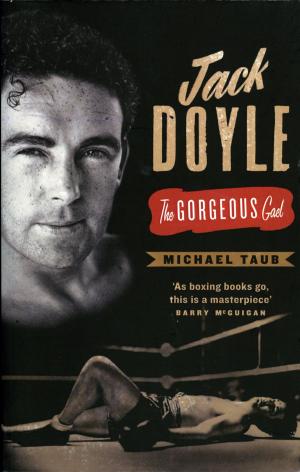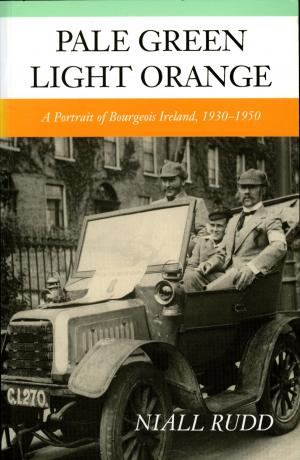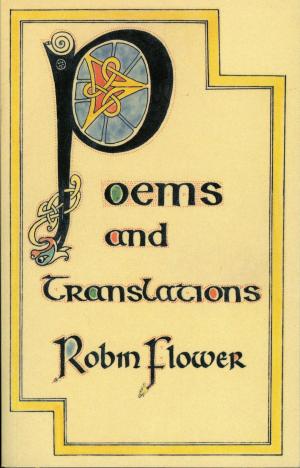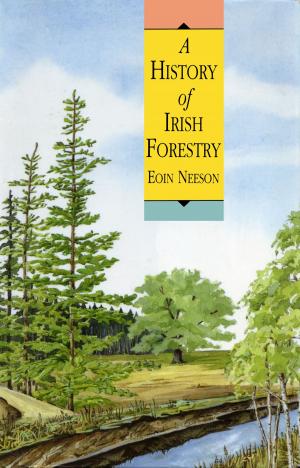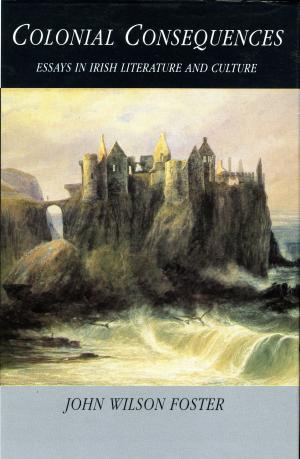The Appleman and the Poet
Nonfiction, Entertainment, Drama, Anthologies, Fiction & Literature, Essays & Letters, Essays| Author: | Hubert Butler | ISBN: | 9781843516255 |
| Publisher: | The Lilliput Press | Publication: | March 15, 2014 |
| Imprint: | The Lilliput Press | Language: | English |
| Author: | Hubert Butler |
| ISBN: | 9781843516255 |
| Publisher: | The Lilliput Press |
| Publication: | March 15, 2014 |
| Imprint: | The Lilliput Press |
| Language: | English |
The Appleman and the Poet, the fifth volume of Hubert Butler's essays, completes a thirty-year odyssey embarked upon by The Lilliput Press in 1984. Our flagship author has finally come home, welcomed by Fintan O'Toole in his foreword: One of the great joys of these essays is the discovery of sentences as sharp and lithe as a Toledo rapier.' Beginning with Russian Dispatches 1932-1946,' Butler gives an evocative description - from the viewpoint of a bourgeois teacher - of a society in dissolution, before the onset of Stalin's Great Purge, as show farms give way to show trials, the iron curtain descends across Europe, and Communism and Christianity lock horns. Part Two, Peace News Papers 1948-1958,' largely derives from the weekly Peace News, in which Butler debates and defends with steely precision Ireland's neutrality, pacifism, and the integrity of Yugoslavia, where we know that in 1941 and 1942 one very pious government [Croatia's] perpetrated the greatest massacre in the history of Christendom.' Autobiographies' contains some of Butler's most affecting work. It describes his parents and home at Maidenhall; details his education in England; reflects on a universal sexuality; has a poignant piece about deafness; and concludes with the Virgilian essay of the book's title. Part Four, Musings of an Irish Protestant,' expresses Butler's potent sense of an Anglo-Irish identity and community: from the right of private judgment' proclaimed at the 1782 Dungannon Convention, in a line of descent from Charlemont, Henry Grattan, Wolfe Tone and Emmet, via Thomas Davis, Standish O'Grady, Parnell and Arthur Griffith, to Yeats and the men of 1916 - all independent spirits. Family Matters' addresses the Butler clan at home and abroad, with essays taken from the Journal of the Butler Society. History and Literature under Review' assembles newspaper and journal pieces on diverse subjects: Swift, Yeats, Horace Plunkett, Enid Starkie, Rebecca West (in Yugoslavia), the Holocaust, Early Irish saints, Hans Küng, Teilhard de Chardin, and Ronald Reagan and the American Wall of Separation (between Church and State) in the 1980s. The Appleman and the Poet places a capstone upon a project begun with Escape from the Anthill in 1985. Butler's essays, written over six decades, establish him as one of Ireland's great twentieth- century prose writers and thinkers. Whether he is writing about wartime atrocities or local history, the slaughter of the Jews or Celtic hagiography, he speaks with authenticity ... one of the great essayists in the English language, the peer of Hazlitt, Robert Louis Stevenson and George Orwell.' John Banville A unique distillation of the Anglo-Irish spirit, as idiosyncratic, mellow and stimulating as poteen matured in a brandy-cask ... His book inspires hope for the twenty-first century.' Dervla Murphy , The Irish Times Like Milosz from Poland or Holub from Czechoslovakia, Butler is a true cosmopolitan, and his writing has something of their unruffled astringency and meditative humour.' John Bayley, The Times Literary Supplement [A] most surprising and exhilarating hamper of essays, full of wit, wisdom, and luminous insights.' Robert Kee , Independent on Sunday Butler is an eloquently moral, enlightened and intellectually militant Irishman who uses incisive words as his weapons ... in a modest yet considerable way his name might now begin to take its place in the tradition of such solitary' Irish libertarians as Swift and Burke, Davitt and O'Casey, Sheehy-Skeffington, O'Faolain, O'Donnell, MacBride and Noel Browne.' David Krause, Irish Literary Supplement To follow Hubert Butler is to enjoy the hair-raising frisson of history passing by.' Eoghan Harris, Image Opening the contents page, one has an impression of disparateness; closing the book, of having discovered an oeuvre ... Butler's unadorned style expresses atmosphere with extraordinary clarity.' Roy Foster
The Appleman and the Poet, the fifth volume of Hubert Butler's essays, completes a thirty-year odyssey embarked upon by The Lilliput Press in 1984. Our flagship author has finally come home, welcomed by Fintan O'Toole in his foreword: One of the great joys of these essays is the discovery of sentences as sharp and lithe as a Toledo rapier.' Beginning with Russian Dispatches 1932-1946,' Butler gives an evocative description - from the viewpoint of a bourgeois teacher - of a society in dissolution, before the onset of Stalin's Great Purge, as show farms give way to show trials, the iron curtain descends across Europe, and Communism and Christianity lock horns. Part Two, Peace News Papers 1948-1958,' largely derives from the weekly Peace News, in which Butler debates and defends with steely precision Ireland's neutrality, pacifism, and the integrity of Yugoslavia, where we know that in 1941 and 1942 one very pious government [Croatia's] perpetrated the greatest massacre in the history of Christendom.' Autobiographies' contains some of Butler's most affecting work. It describes his parents and home at Maidenhall; details his education in England; reflects on a universal sexuality; has a poignant piece about deafness; and concludes with the Virgilian essay of the book's title. Part Four, Musings of an Irish Protestant,' expresses Butler's potent sense of an Anglo-Irish identity and community: from the right of private judgment' proclaimed at the 1782 Dungannon Convention, in a line of descent from Charlemont, Henry Grattan, Wolfe Tone and Emmet, via Thomas Davis, Standish O'Grady, Parnell and Arthur Griffith, to Yeats and the men of 1916 - all independent spirits. Family Matters' addresses the Butler clan at home and abroad, with essays taken from the Journal of the Butler Society. History and Literature under Review' assembles newspaper and journal pieces on diverse subjects: Swift, Yeats, Horace Plunkett, Enid Starkie, Rebecca West (in Yugoslavia), the Holocaust, Early Irish saints, Hans Küng, Teilhard de Chardin, and Ronald Reagan and the American Wall of Separation (between Church and State) in the 1980s. The Appleman and the Poet places a capstone upon a project begun with Escape from the Anthill in 1985. Butler's essays, written over six decades, establish him as one of Ireland's great twentieth- century prose writers and thinkers. Whether he is writing about wartime atrocities or local history, the slaughter of the Jews or Celtic hagiography, he speaks with authenticity ... one of the great essayists in the English language, the peer of Hazlitt, Robert Louis Stevenson and George Orwell.' John Banville A unique distillation of the Anglo-Irish spirit, as idiosyncratic, mellow and stimulating as poteen matured in a brandy-cask ... His book inspires hope for the twenty-first century.' Dervla Murphy , The Irish Times Like Milosz from Poland or Holub from Czechoslovakia, Butler is a true cosmopolitan, and his writing has something of their unruffled astringency and meditative humour.' John Bayley, The Times Literary Supplement [A] most surprising and exhilarating hamper of essays, full of wit, wisdom, and luminous insights.' Robert Kee , Independent on Sunday Butler is an eloquently moral, enlightened and intellectually militant Irishman who uses incisive words as his weapons ... in a modest yet considerable way his name might now begin to take its place in the tradition of such solitary' Irish libertarians as Swift and Burke, Davitt and O'Casey, Sheehy-Skeffington, O'Faolain, O'Donnell, MacBride and Noel Browne.' David Krause, Irish Literary Supplement To follow Hubert Butler is to enjoy the hair-raising frisson of history passing by.' Eoghan Harris, Image Opening the contents page, one has an impression of disparateness; closing the book, of having discovered an oeuvre ... Butler's unadorned style expresses atmosphere with extraordinary clarity.' Roy Foster

